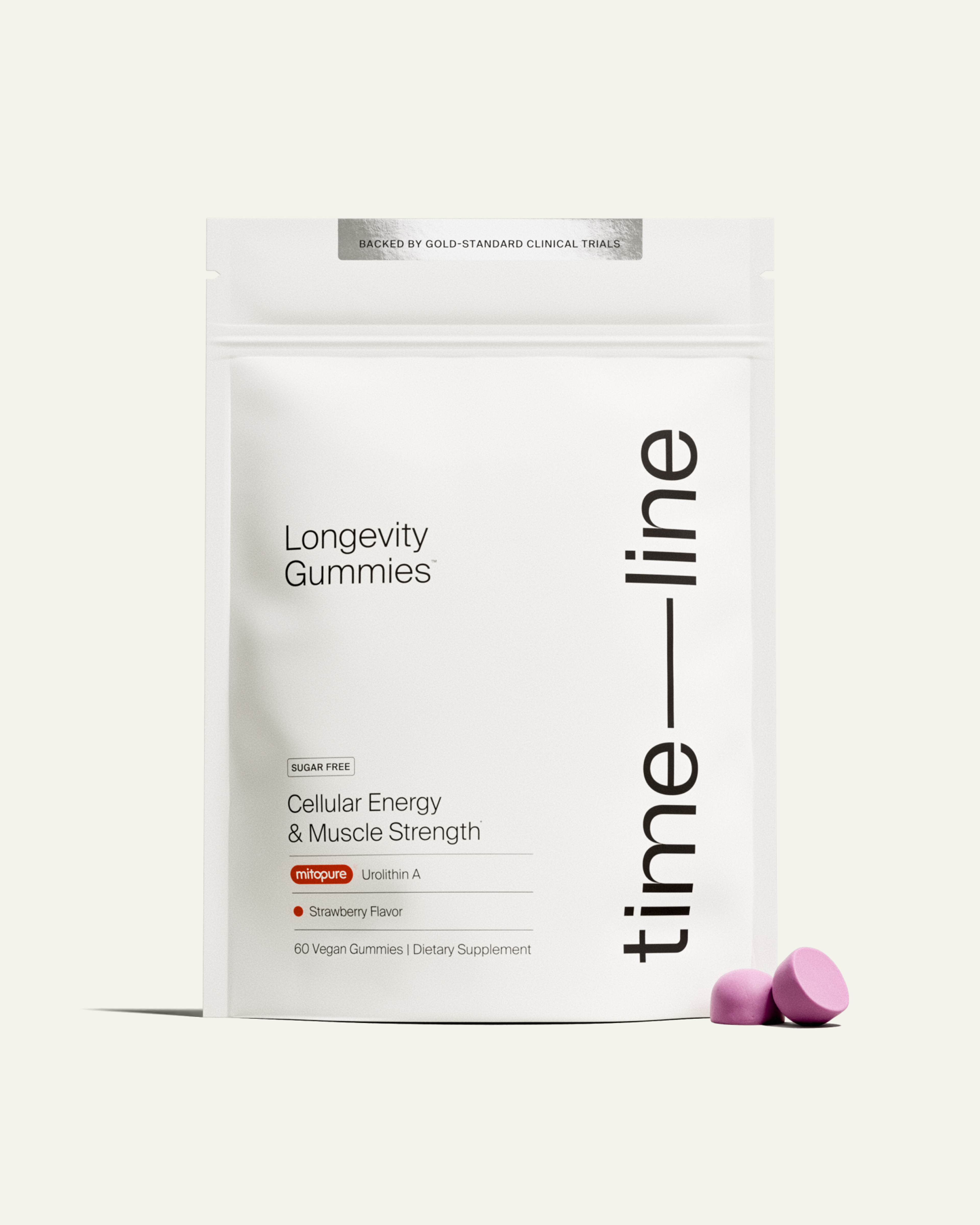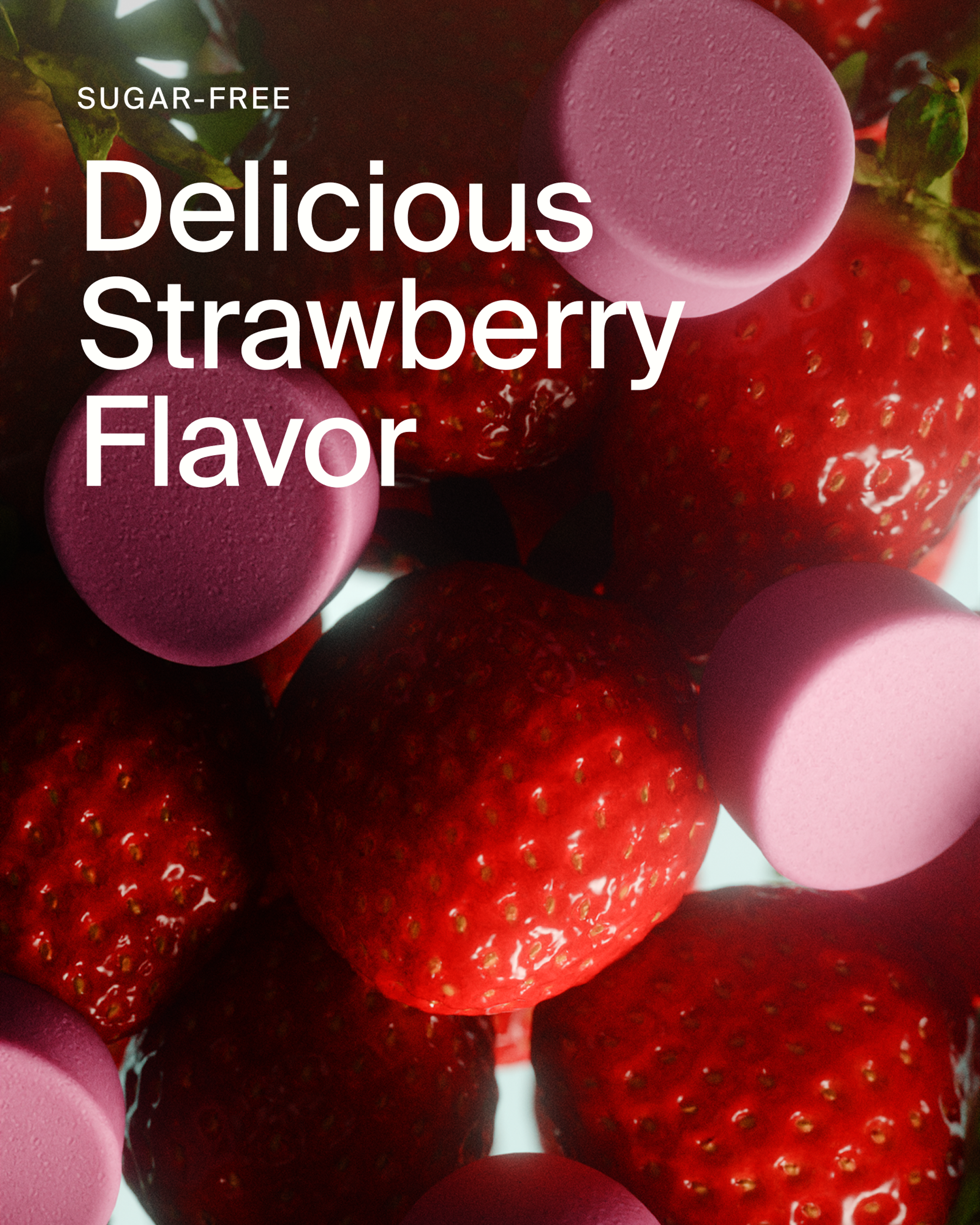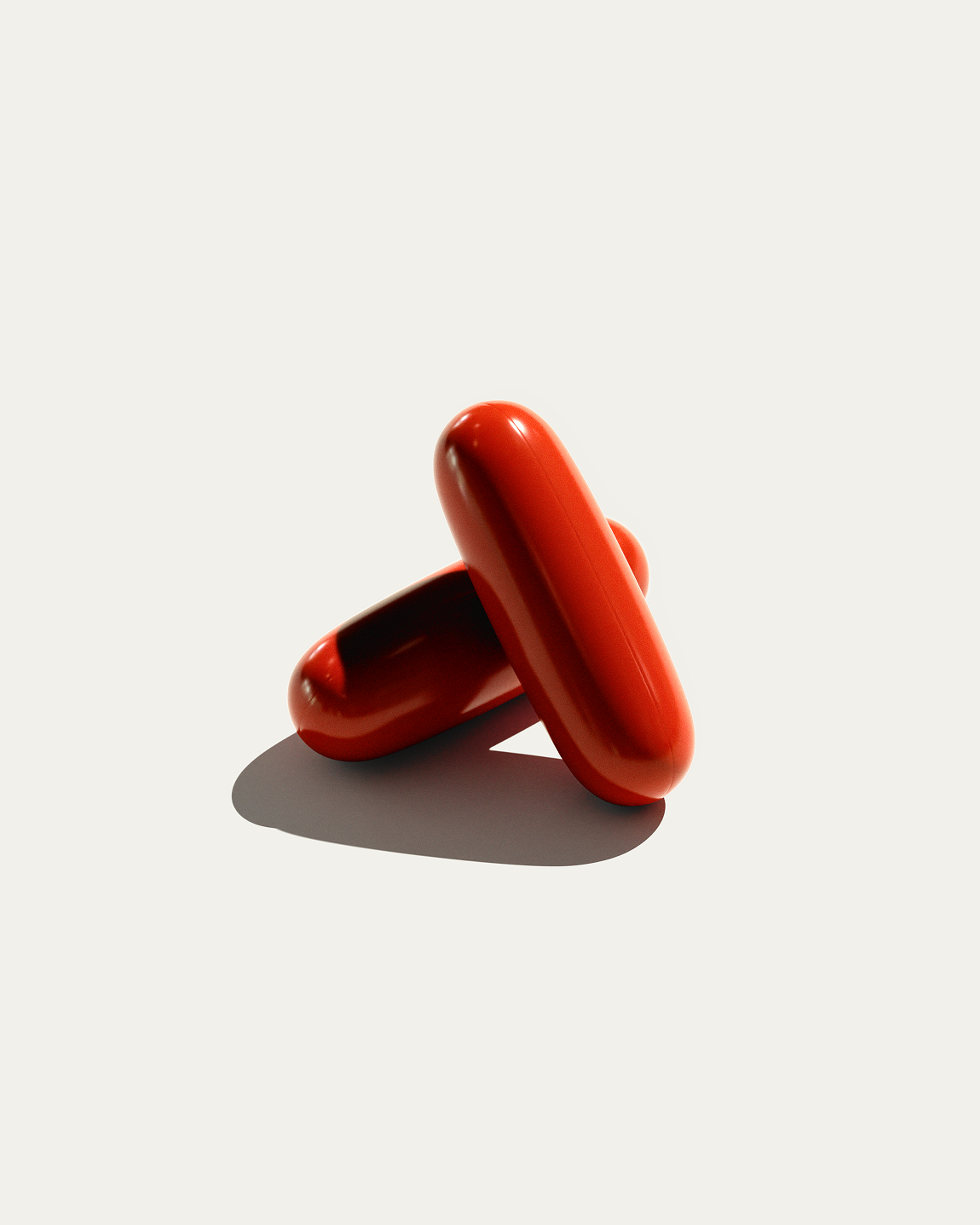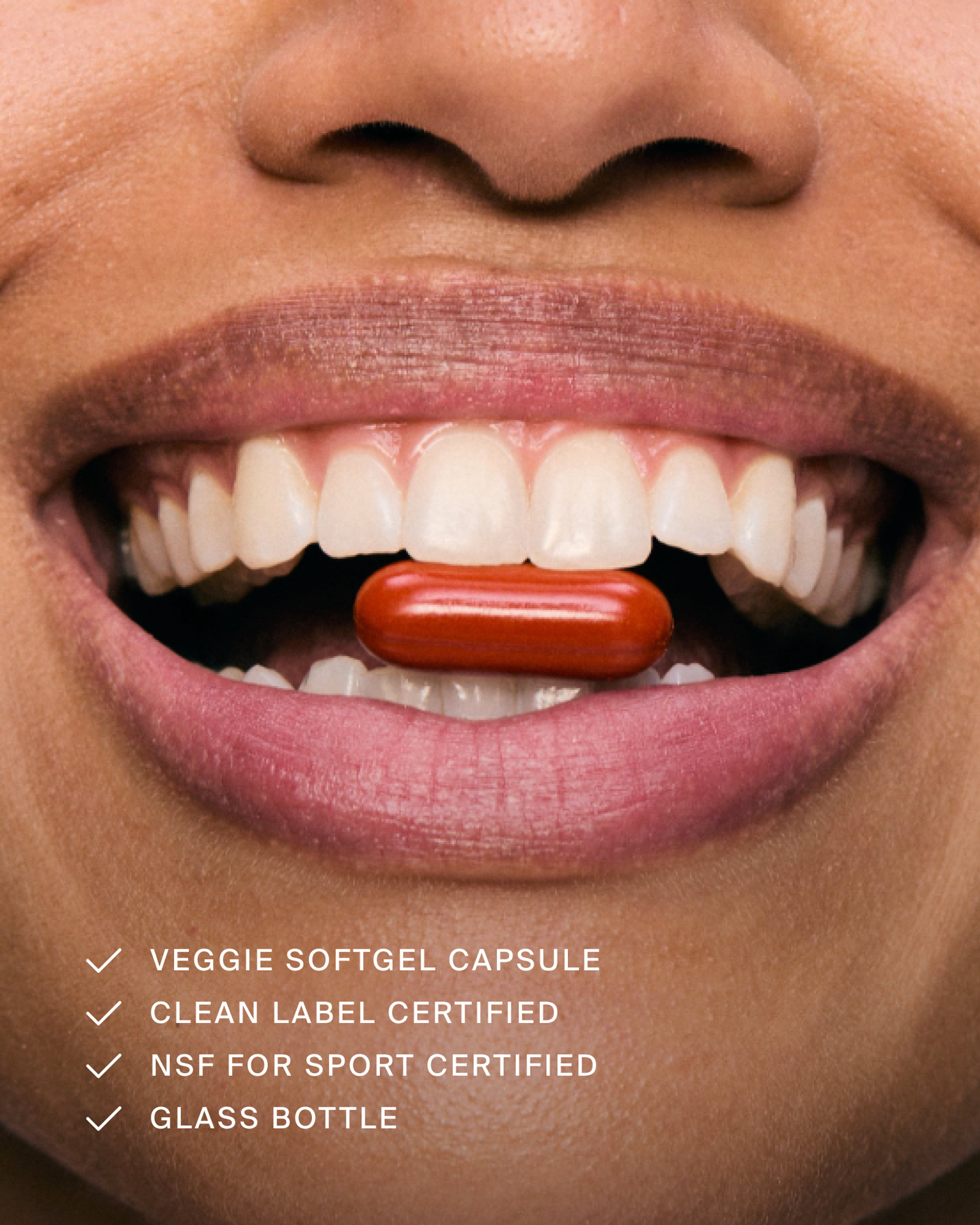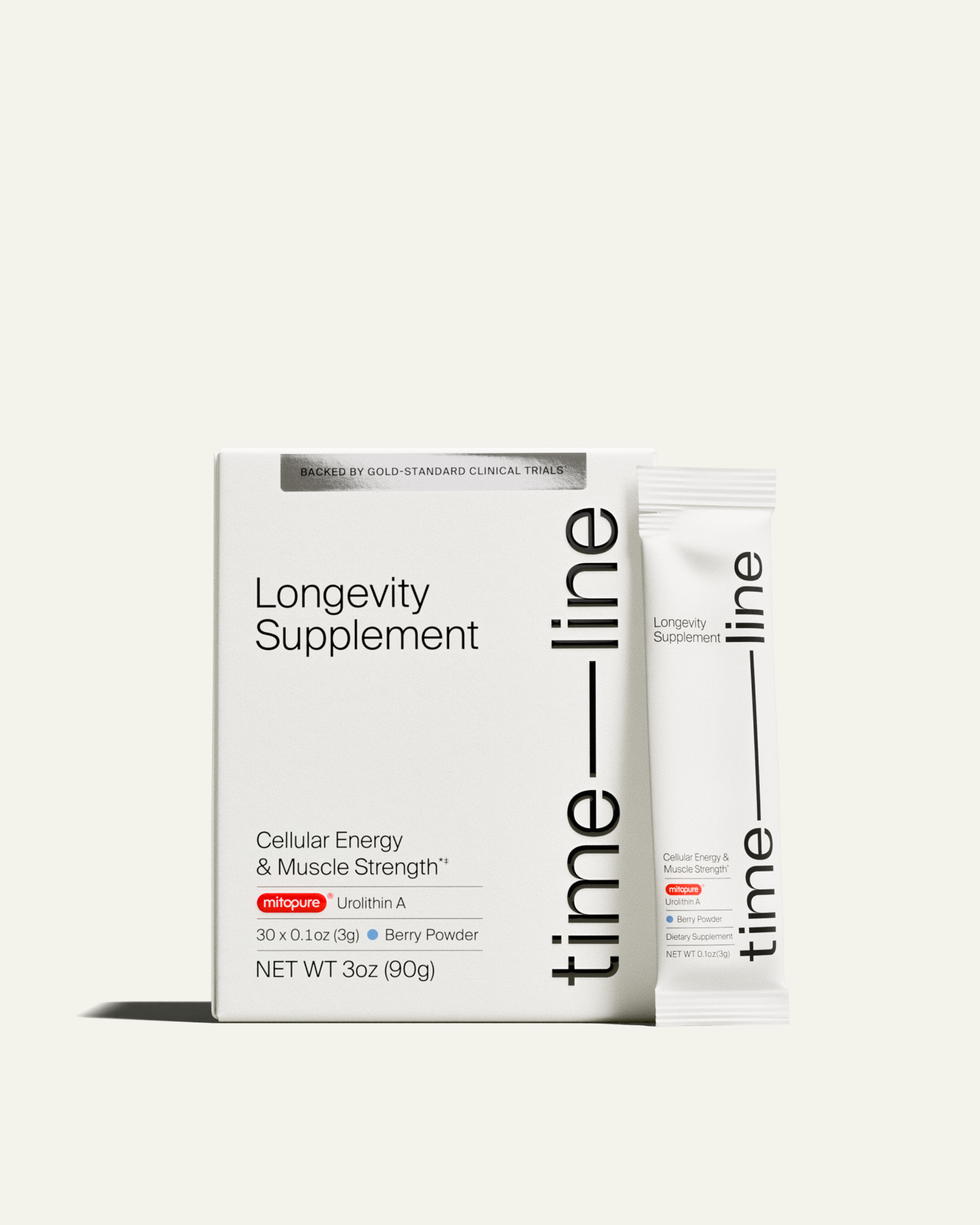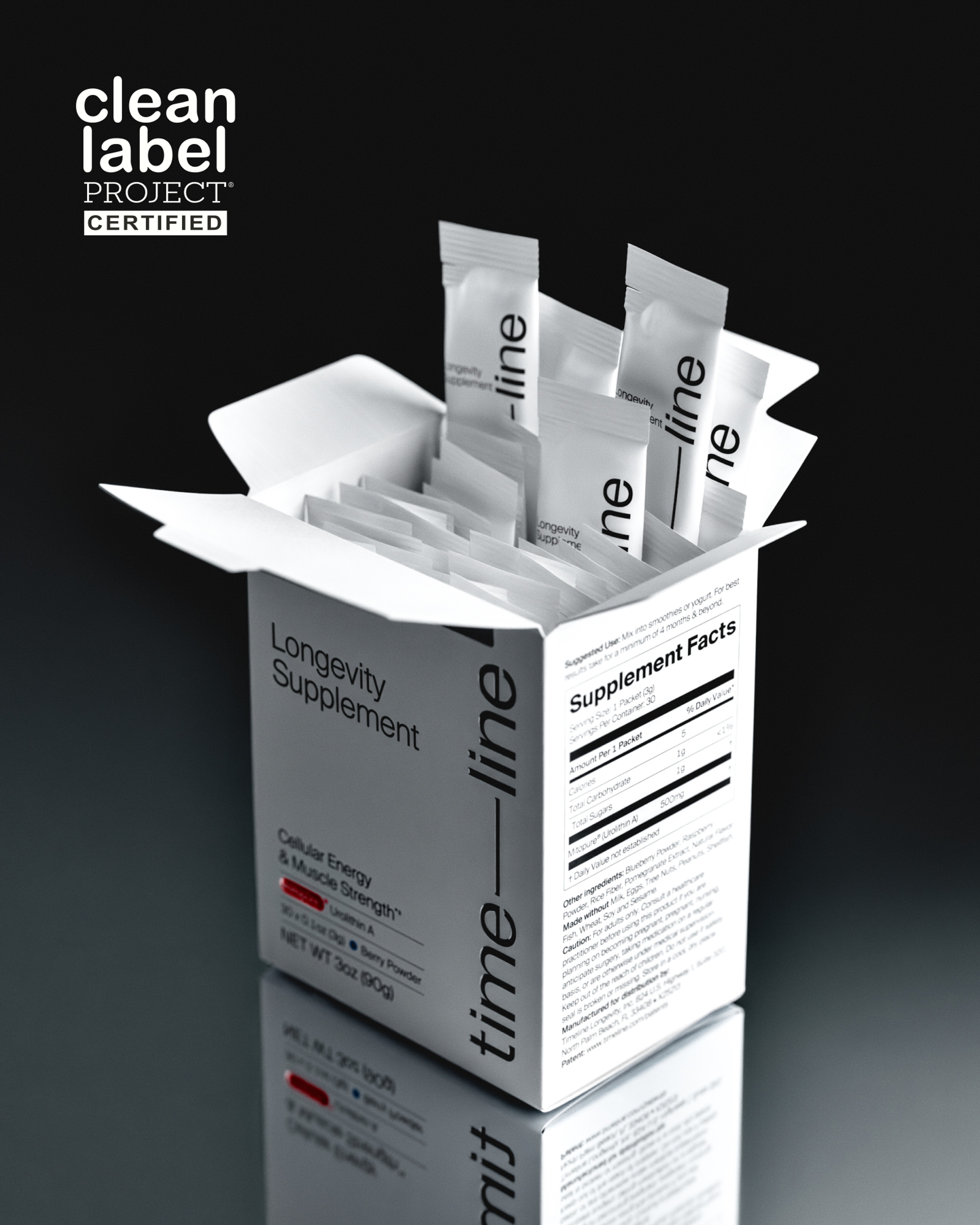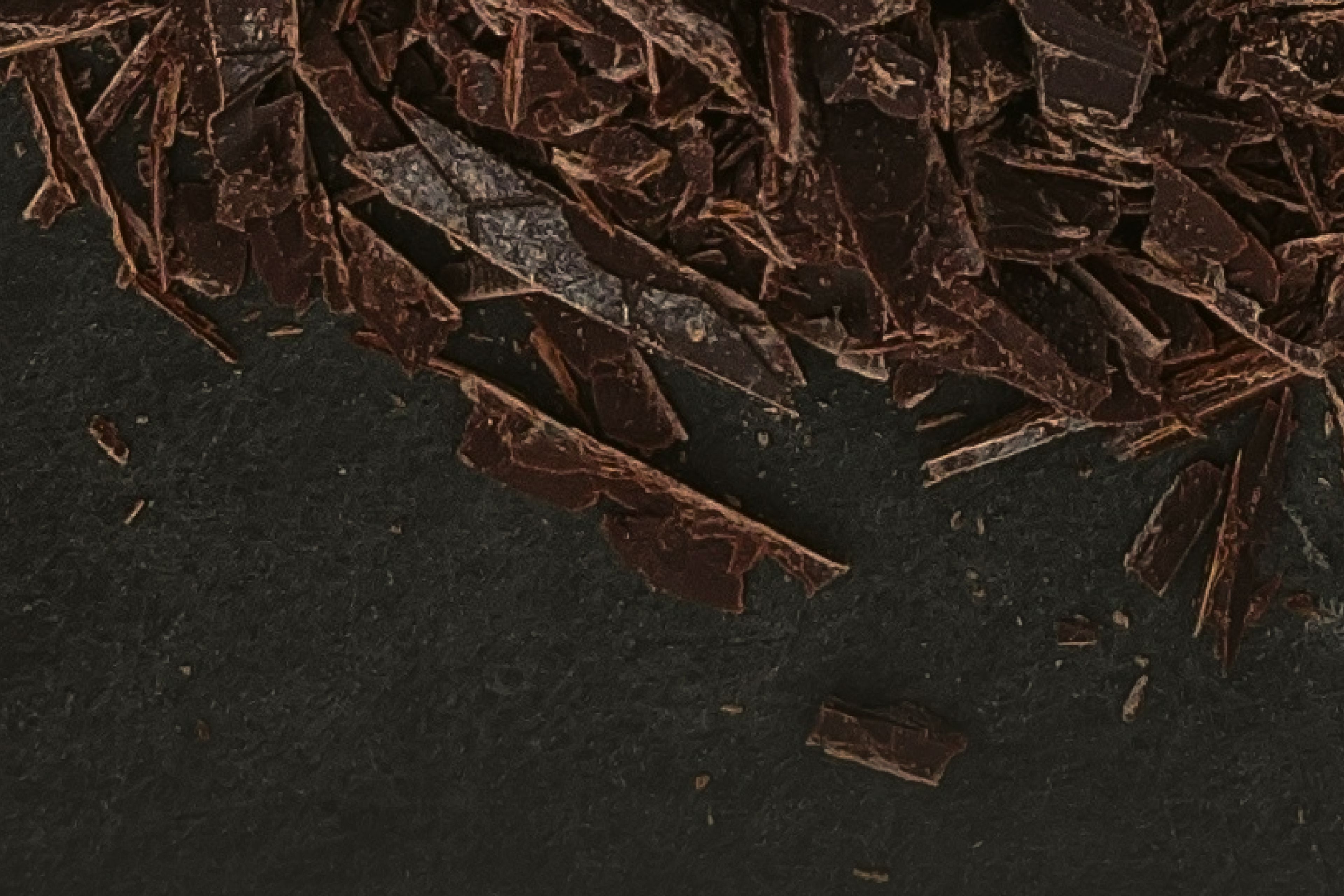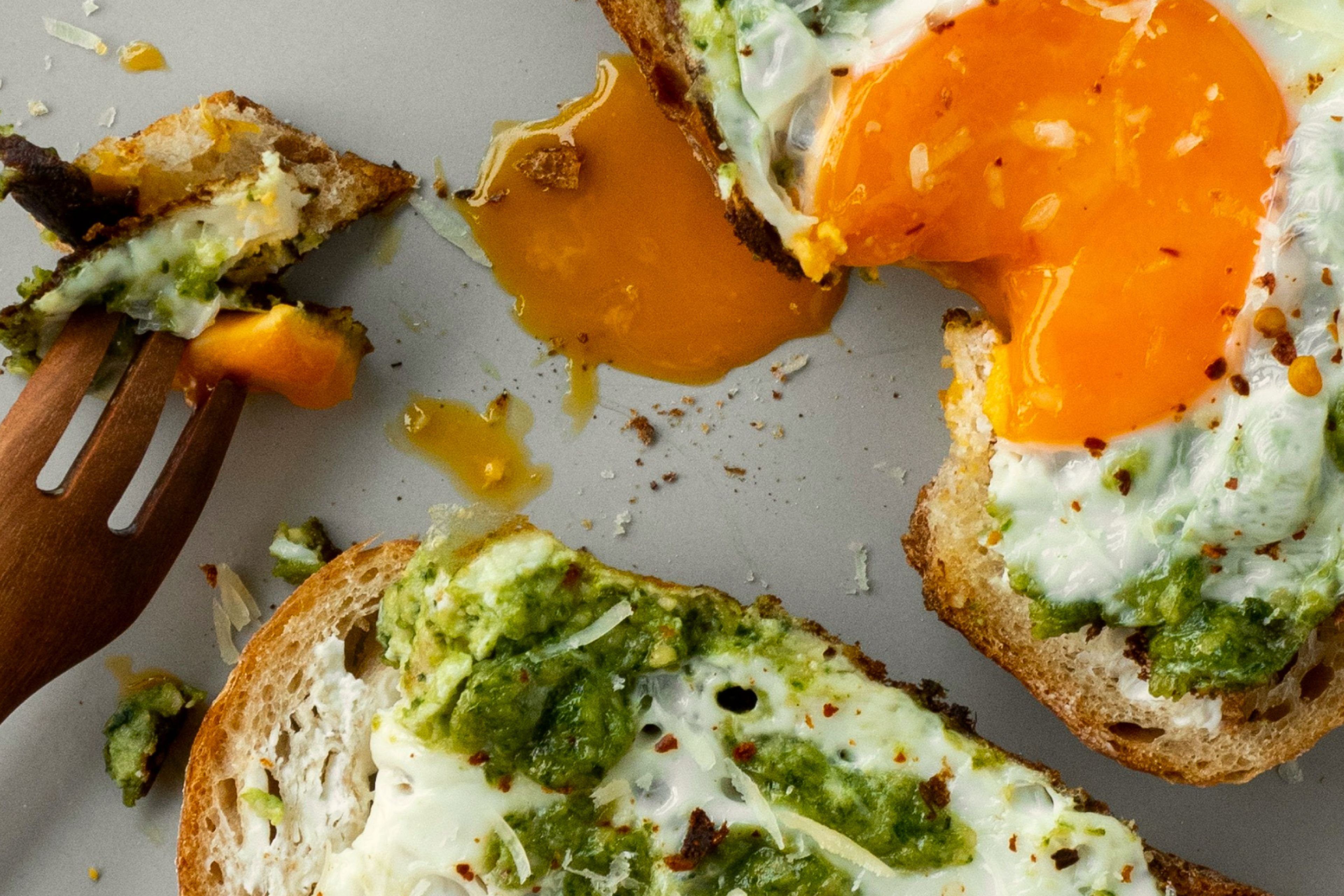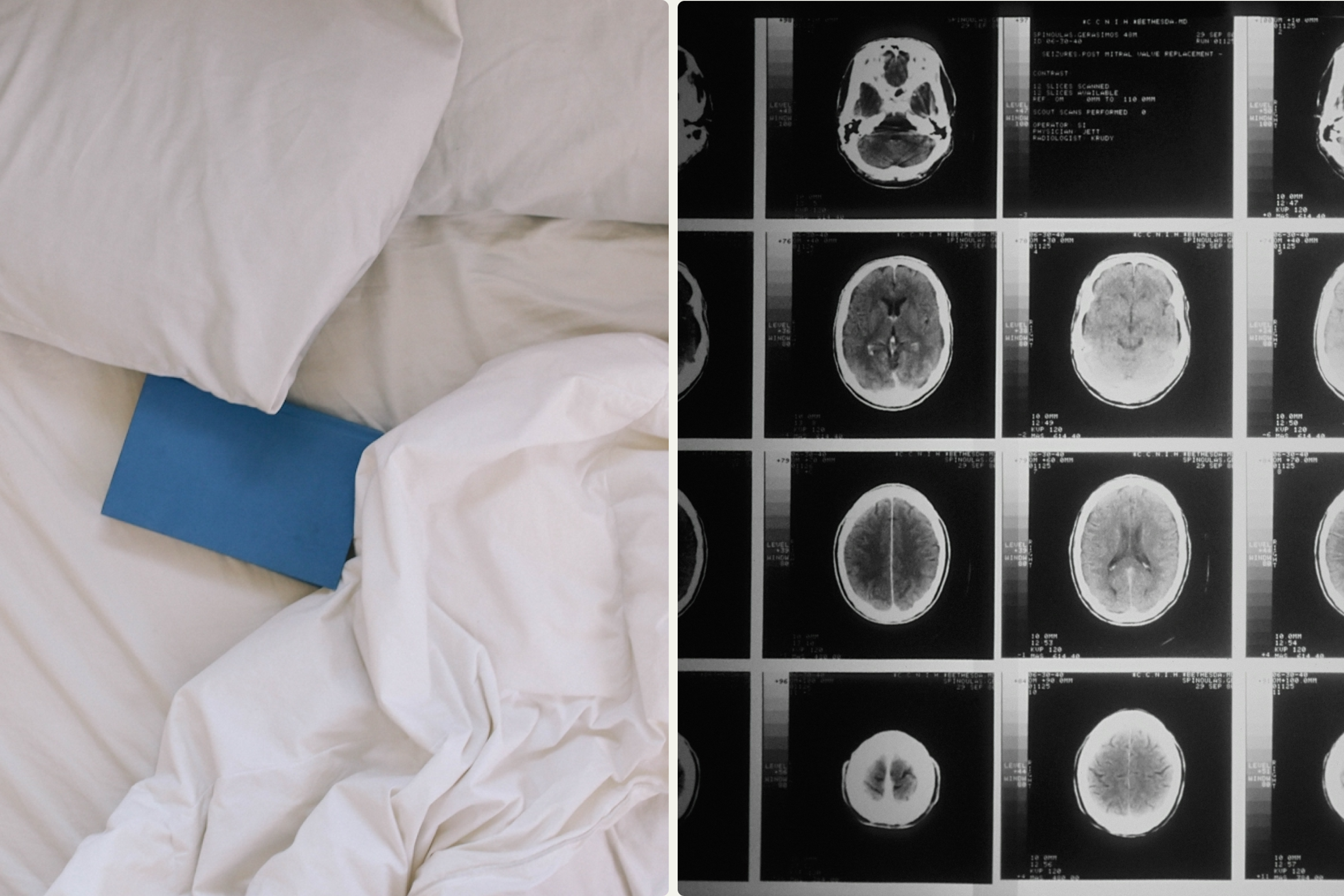Aging and immune health: What happens and what you can do
As we age, immunity declines, a process called immunosenescence. Learn why our immune systems weaken, and how to protect your immunity.
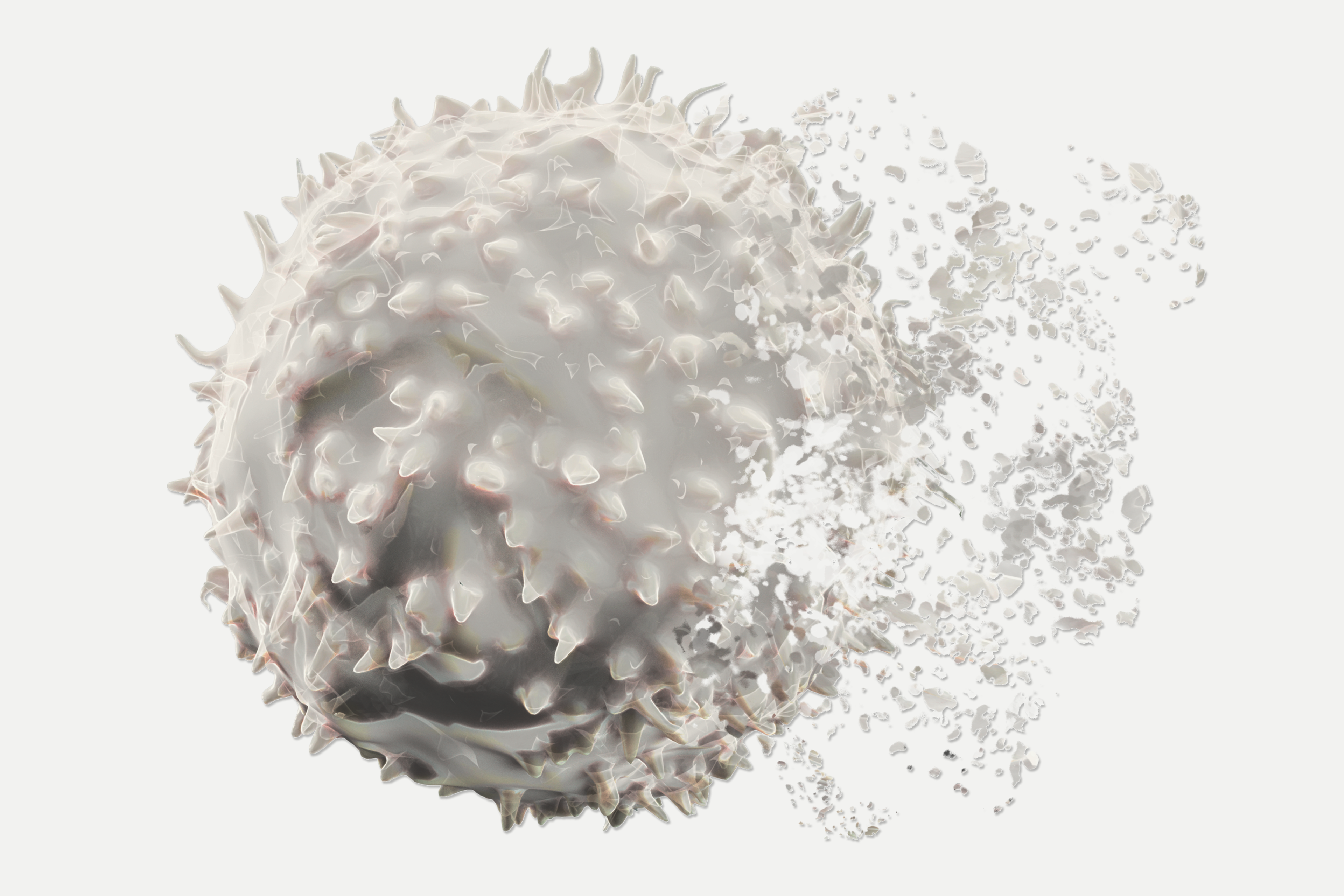
What to know
Our immune systems weaken as we age. Scientists call this “immunosenescence.”
The changes in our immunity with aging result from changes in the function of certain immune organs, and blood cells that help us fight infection
Low-grade chronic inflammation associated with age, or “inflammaging,” increases the speed of immune aging.
Changes in nutrition and exercise habits can reduce inflammaging and slow immune aging.
Our immune systems weaken as we age: That’s why we are more susceptible to infection and have a tougher time fighting off those infections as we get older.
Immune aging marks a profound transformation in how our bodies respond to infections, diseases, and even vaccinations. This gradual decline in immune function not only increases susceptibility to illness but also impacts the aging process itself, intertwining with our overall vitality and longevity.
What is immunosenescence
Scientists call the age-related decline in our immune system “immunosenescence.” For years, scientists believed that all immunosenescence was bad; however, recent research suggests that it is an adaptive process that occurs over time in response to all the different things we encounter throughout our lives.[1]
Scientists are learning more about immunity and aging every year and how we can bolster our immune health as we age. Read on to learn more about what causes immunosenescence, why these changes happen, and how you can impact the rate of your own immune aging.
What happens to our immune systems as we age
The full extent of what happens as our immune systems age is still being explored. That’s in part because the human immune system is complicated: More than 1,600 genes are involved, as well as countless chemicals and different types of cells[2]. It can also be tough to study because studying the immune system involves taking tissues from the body … which can, in itself, activate the immune system.
But scientists are learning some of what happens to our immunity as we age and why. Here are three major contributors to immunosenescence.
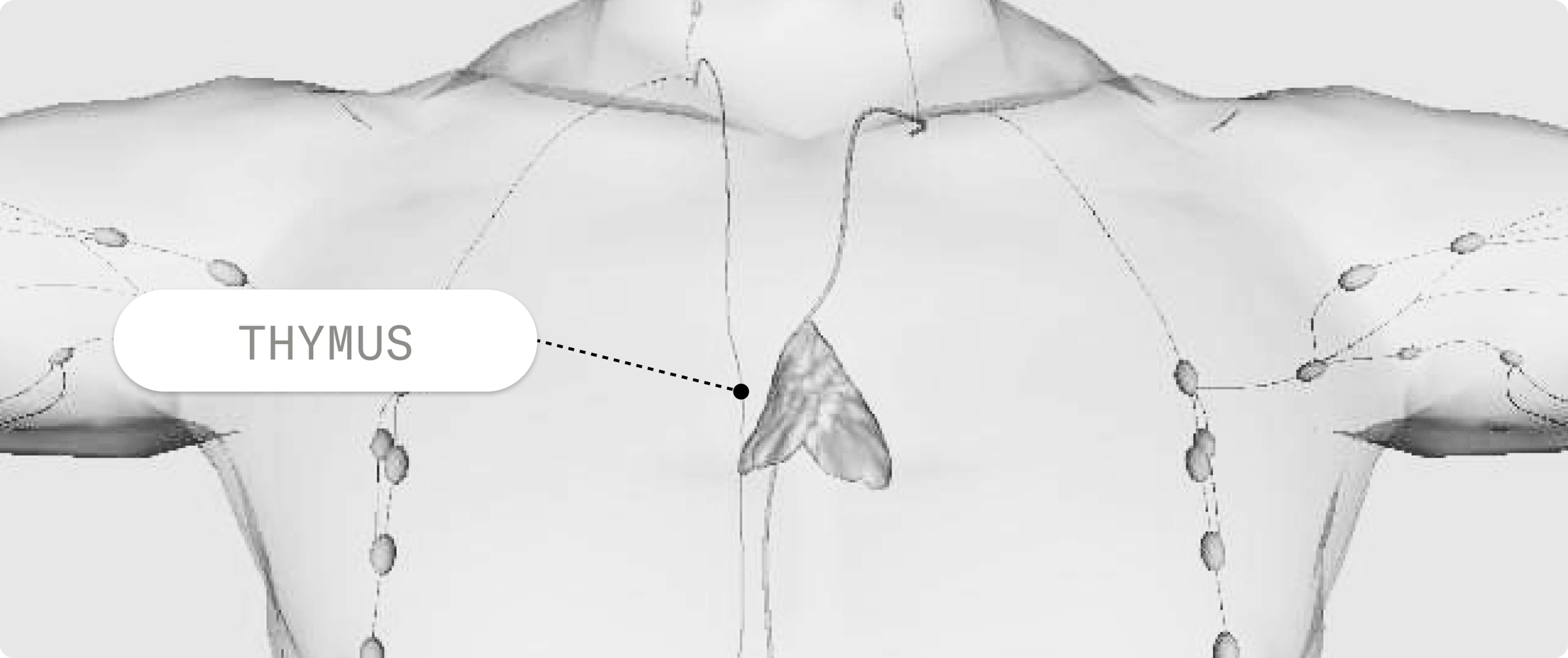
Reduced thymus output
The thymus is a small organ just below your breastbone that makes and trains T cells, a type of immune cell, in the body.[3] Unlike most other organs, your thymus is fully formed much younger in life, and it degenerates and reduces its output as you age through a process called “thymic involution.”[4]
Research is starting to show that exercise can slow the degeneration of thymus function, though. In a 2018 study of 125 highly active adults between 55 and 79 years of age, scientists found more T cells that had recently come from the thymus compared to inactive but otherwise healthy people of the same age.[5]
Reduced T Cell and B Cell Function
These two types of cells are both types of white blood cells, cells that seek out and fight foreign bodies like bacteria, viruses, and cancer. Immune aging does double damage to these cells: It results in reduced numbers of them, and they aren’t as strong.[6] The result: New infections are easier to catch and harder to fight off.
Increased Senescent Cells in the Body
Senescent cells, also called “zombie cells,” are cells that have lost their ability to divide. As we age, our bodies become less efficient at removing these cells, and these cells accumulate in the body. This contributes to chronic inflammation and to immunosenescence.[7]
Why do these changes happen
Recent research has found that immune aging isn’t just from getting older, but from factors in our environments. Your immune system gets weaker for some of the same reasons it became strong in the first place. When you’re a child, your immune system hasn’t been exposed to as many stressors, so it hasn’t developed immunity to those intruding bacteria and viruses yet. That’s one reason kids get sick so often.
When you’re an adult, you’ve been exposed to those pathogens, though, and your experienced immune system is stronger. But those stressors add up. And the cumulative stress can lead to a persistent, low-grade inflammation called “inflammaging.” [8]
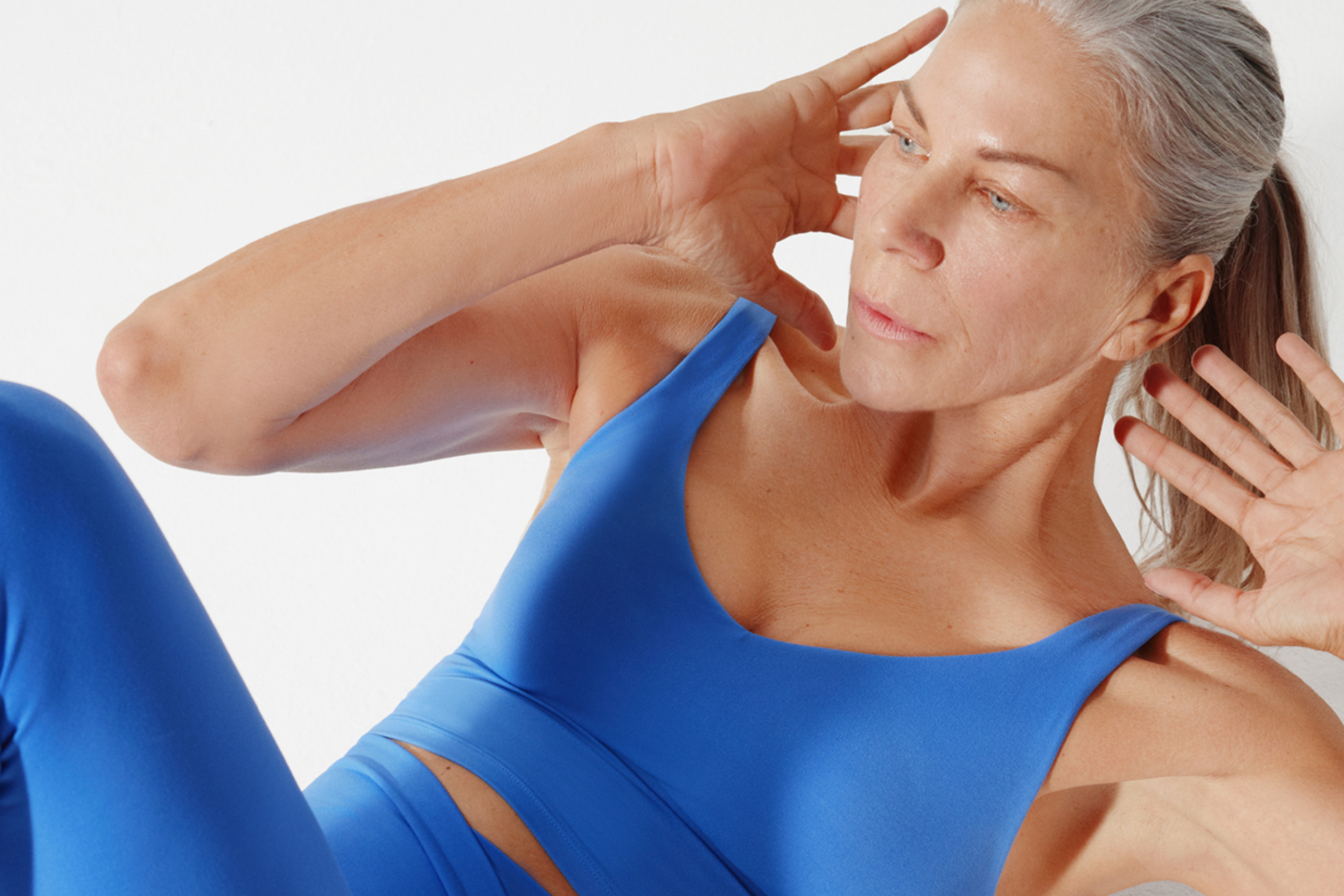
What you can do to slow immune aging
You can support your aging immune system with a few science-backed lifestyle changes::
• Exercise: We’ve already talked about the role exercise can play in supporting your thymus gland. But moving your body doesn’t just keep your thymus pumping out T cells. All types of exercise are beneficial for reducing chronic inflammation. And skeletal muscle—the type built by strength training—is associated with lower levels of inflammatory markers circulating in the system[9].
• Focus on immune-boosting nutrients: Certain nutrients have been linked to immune health and should be prioritized, especially as we get older. Vitamin E (found in many seeds, nuts, and avocados) and zinc ( found in meat, shellfish, and legumes) may be particularly beneficial in countering immunosenescence.[10]
• Fast one day per week: Caloric restriction has been found to reduce chronic inflammation, but you don’t have to diet every day. Studies have found that abstaining from food for one 24-hour period per week can reduce markers of chronic inflammation. However, data from the e “WONDERFUL” trial showed that it took 22 weeks of 1 day a week fasting to see this effect. [11]If you are practicing intermittent fasting or some form of calorie restriction, it’s important to make sure you are still getting all the important nutrients your immune system needs to function properly.
• Eat gut-supporting foods: Gut health is a key component of our immune health, but our gut microbiome changes with age, which can impact the health of our intestinal lining, alter the production of important postbiotics, and leave us susceptible to invasion of pathogenic bacteria. Studies suggest that eating foods rich in probiotics and prebiotics (the fiber and polyphenols that fuel our microbiome) can support immune health with age and slow immunosenescence.
Final words
As we navigate the complexities of aging, it's clear that our immune system's health is paramount to our overall well-being and longevity. While age-related immune decline is unavoidable, implementing lifestyle changes can positively influence our immune response. As science continues to understand the complicated process of immunosenescence and the role lifestyle habits play in promoting healthy aging, we will no doubt have more tools to support our immune health. But for now, exercise, a healhty diet rich in immune-boosting nutrients and probiotics, and, if appropriate, intermittent fasting are foundational parts to support healthy immune aging.
Authors

Written by
Editorial Staff

Reviewed by
Lead Regulatory Affairs & Scientific Manager Alliances at Timeline
References
- ↑
Santoro A, Bientinesi E, Monti D. Immunosenescence and inflammaging in the aging process: age-related diseases or longevity?. Ageing Res Rev. 2021;71:101422. doi:10.1016/j.arr.2021.101422
- ↑
Simon AK, Hollander GA, McMichael A. Evolution of the immune system in humans from infancy to old age. Proc Biol Sci. 2015;282(1821):20143085. doi:10.1098/rspb.2014.3085
- ↑
Remien K, Jan A. Anatomy, Head and Neck, Thymus. [Updated 2023 Jul 24]. In: StatPearls [Internet]. Treasure Island (FL): StatPearls Publishing; 2024 Jan-. Available from: https://www.ncbi.nlm.nih.gov/books/NBK539748/
- ↑
Liang, Zhanfeng et al. “Age-related thymic involution: Mechanisms and functional impact.” Aging cell vol. 21,8 (2022): e13671. doi:10.1111/acel.13671
- ↑
Duggal NA, Pollock RD, Lazarus NR, Harridge S, Lord JM. Major features of immunesenescence, including reduced thymic output, are ameliorated by high levels of physical activity in adulthood. Aging Cell. 2018;17(2):e12750. doi:10.1111/acel.12750
- ↑
Montecino-Rodriguez E, Berent-Maoz B, Dorshkind K. Causes, consequences, and reversal of immune system aging. J Clin Invest. 2013;123(3):958-965. doi:10.1172/JCI64096
- ↑
Lee KA, Flores RR, Jang IH, Saathoff A, Robbins PD. Immune Senescence, Immunosenescence and Aging. Front Aging. 2022;3:900028. Published 2022 May 30. doi:10.3389/fragi.2022.900028
- ↑
Lee KA, Flores RR, Jang IH, Saathoff A, Robbins PD. Immune Senescence, Immunosenescence and Aging. Front Aging. 2022;3:900028. Published 2022 May 30. doi:10.3389/fragi.2022.900028
- ↑
Tuttle CSL, Thang LAN, Maier AB. Markers of inflammation and their association with muscle strength and mass: A systematic review and meta-analysis. Ageing Res Rev. 2020;64:101185. doi:10.1016/j.arr.2020.101185
- ↑
A. Aiello et al. "Immunosenescence and Its Hallmarks: How to Oppose Aging Strategically? A Review of Potential Options for Therapeutic Intervention." Frontiers in Immunology, 10 (2019). https://doi.org/10.3389/fimmu.2019.02247.
- ↑
Ciera L Bartholomew, Joseph B Muhlestein, Heidi T May, Viet T Le, Oxana Galenko, Kelly Davis Garrett, Cherie Brunker, Ramona O Hopkins, John F Carlquist, Kirk U Knowlton, Jeffrey L Anderson, Bruce W Bailey, Benjamin D Horne, Randomized controlled trial of once-per-week intermittent fasting for health improvement: the WONDERFUL trial, European Heart Journal Open, Volume 1, Issue 2, September 2021, oeab026, https://doi.org/10.1093/ehjopen/oeab026
